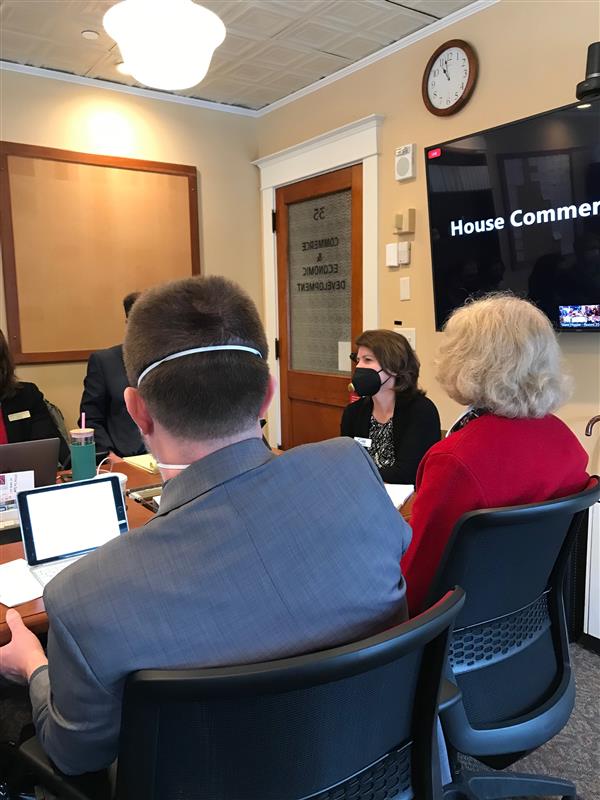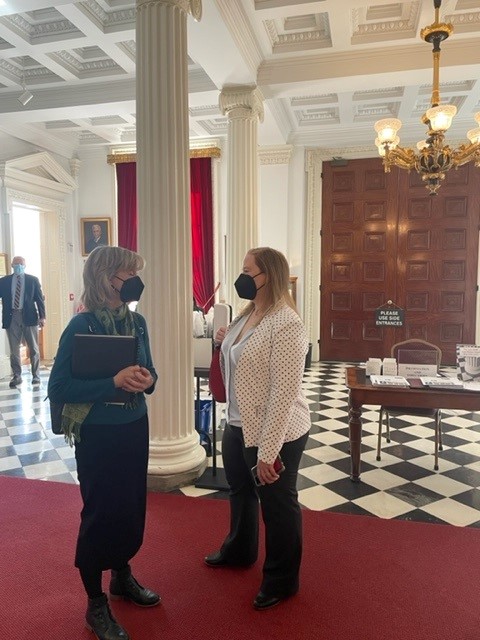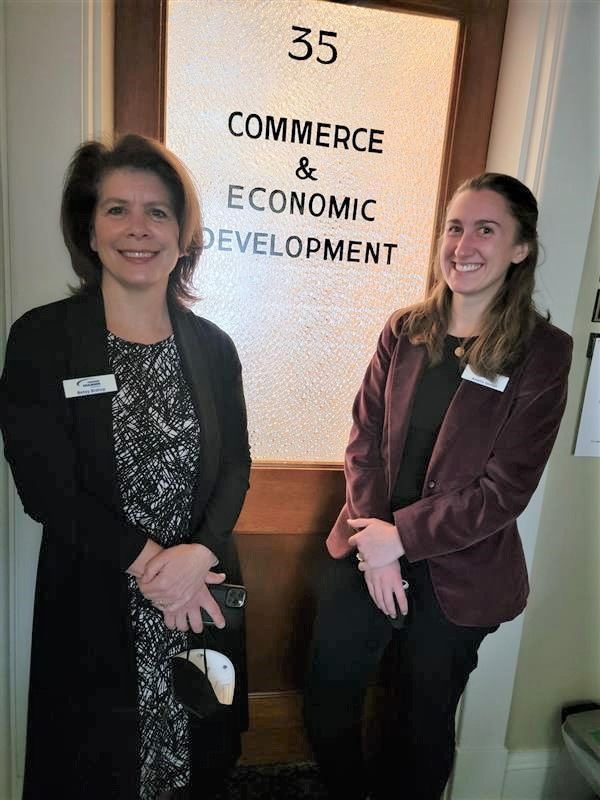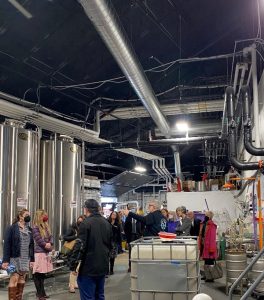Senate Passes $8 Billion Budget, Governor Raises the Prospect of a Veto
The Senate passed an $8 billion budget several weeks earlier than anticipated, and the Governor immediately released a statement outlining his concerns, setting up the annual ritual of resolving the three different versions of budget priorities before final adjournment can happen. The Senate’s budget contains $70 million in housing investments, more than $100 million in workforce and economic development to support sectors hard hit by the pandemic, increased investment in childcare providers, $95 million for broadband connectivity, and $30 million in tax relief. The Governor’s concerns center around the Senate budget’s reduced tax relief, insufficient workforce retention and recruitment initiatives, the exclusion of the capital investment program, and reduced funding for Career and Technical Education. At a press conference on Wednesday, Senate leadership defended their bill, promising to be ready to override the Governor’s veto if necessary.
Back in March, the House passed their version of the budget, which included larger investments in the state college system than the Governor had proposed, but left out the middle-income homeownership program, a priority of the Governor. The House-passed bill also left out the roughly $100 million in economic development initiatives from the Governor’s proposal. While the Senate-passed version of the budget is closer to the Governor’s proposed budget, the remaining disparities may be too large for him to accept, setting the stage for a showdown in the final weeks of the session.
SHARE THIS ARTICLE
RECENT NEWS








